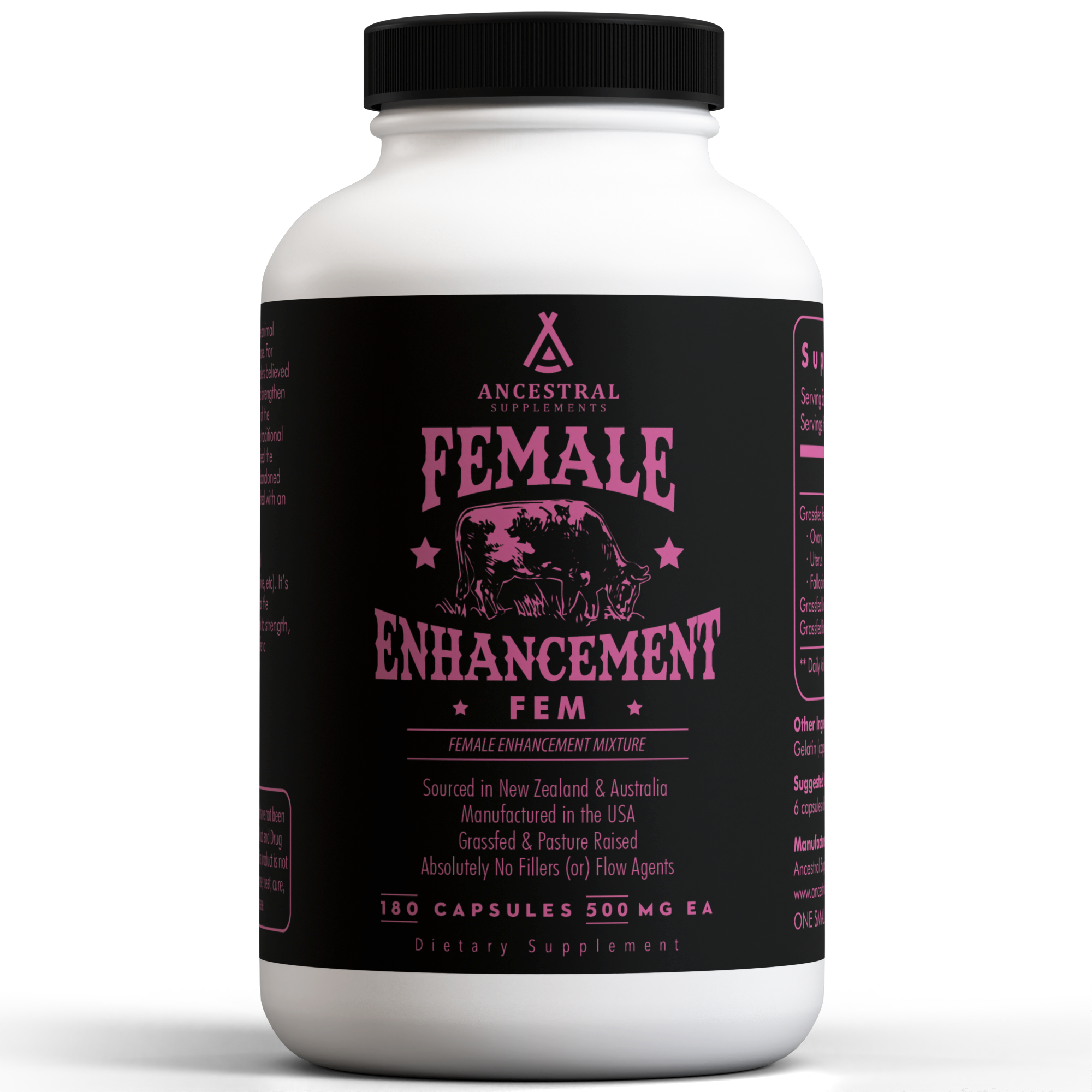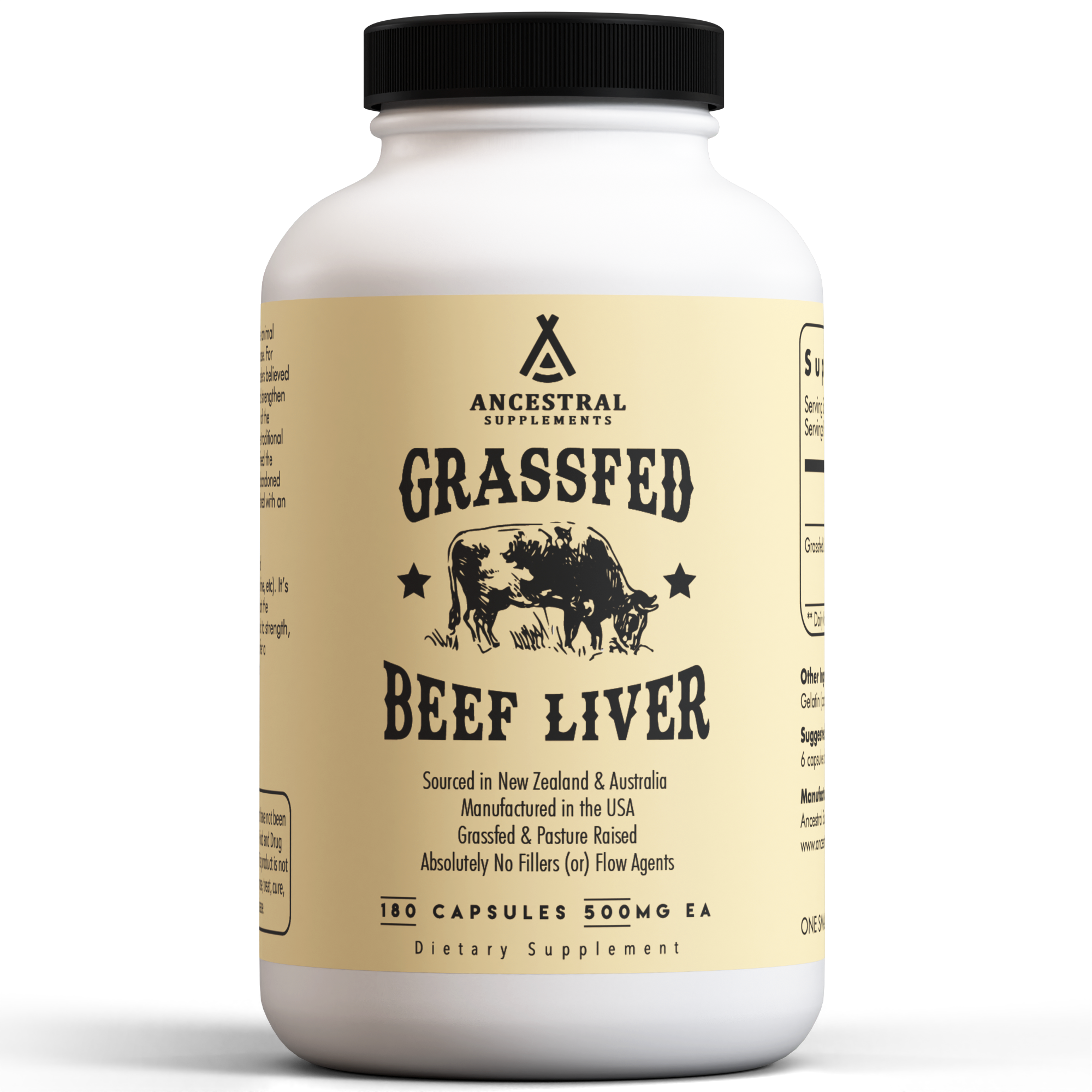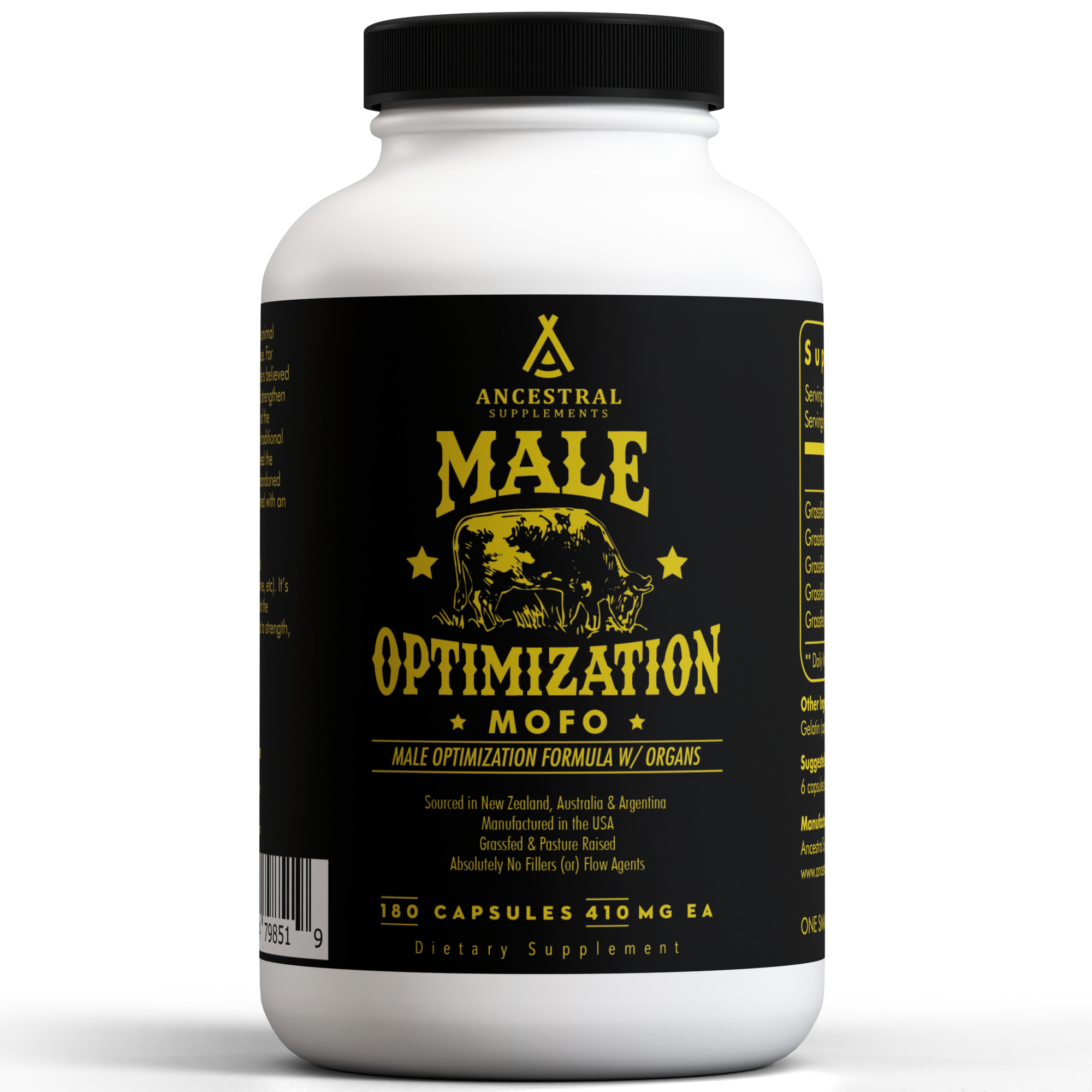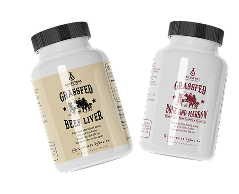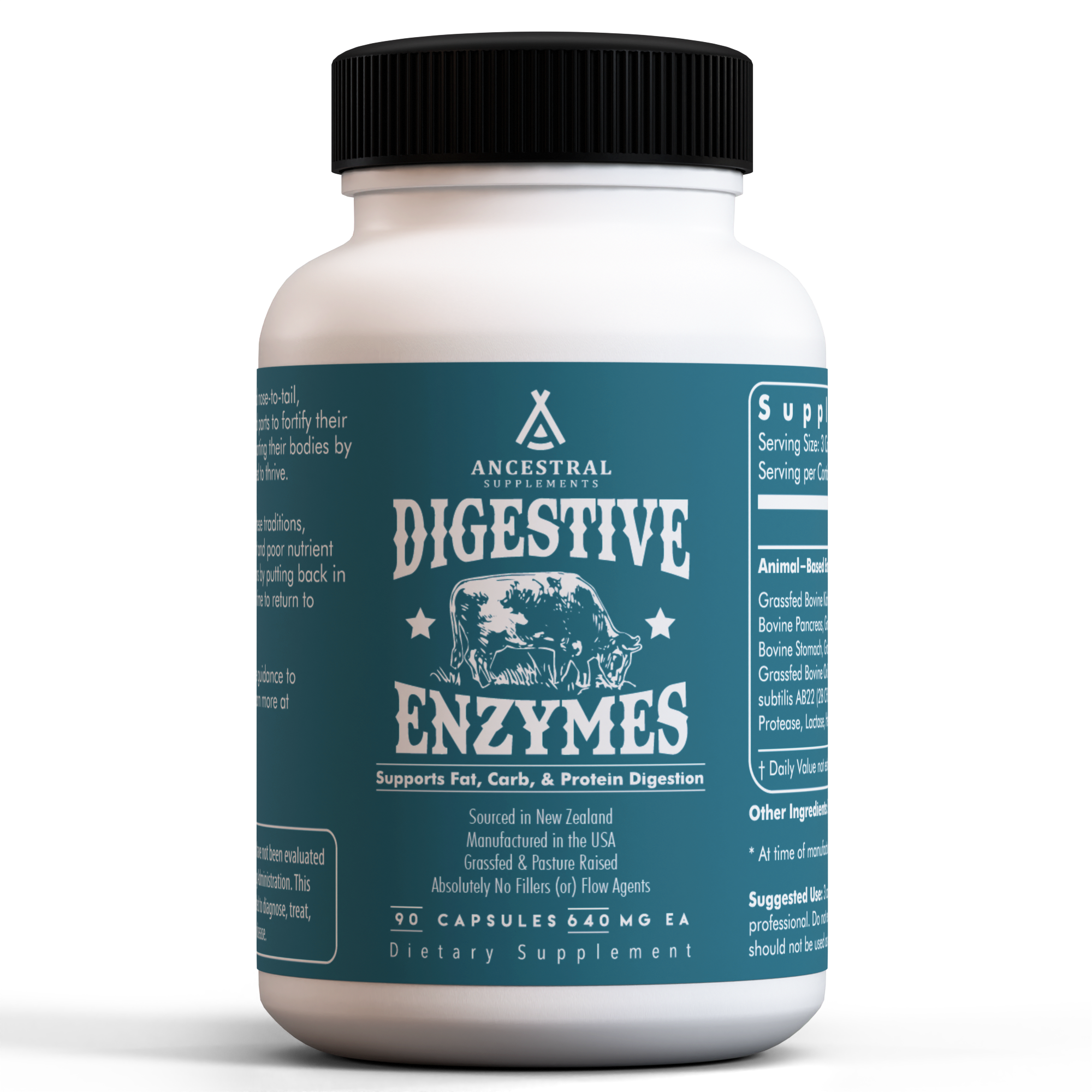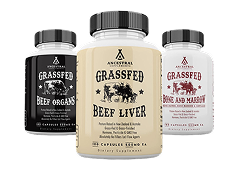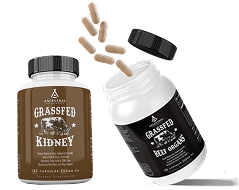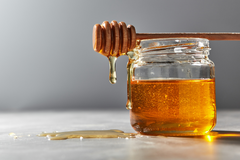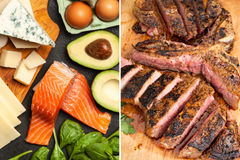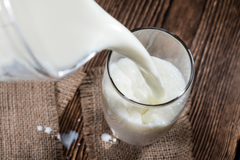Can You Have Protein Powder on the Carnivore Diet?

If you're following the carnivore diet and wondering whether protein powders fit into the plan, that's a great question. The short answer: it really depends on the exact ingredients in the protein powder.
Considering a traditional carnivore diet includes only whole animal foods (like meat, eggs, and organ meats), the diet is high in protein and contains zero carbs. It might then seem like protein powder is a good fit for the diet, right?
Modified versions of the carnivore diet do sometimes include supplements—which protein powder can be considered—for an extra nutrient boost, convenience, and help with energy, performance, and muscle recovery. So while some people will choose to have protein powders, such as collagen powder, on the carnivore diet, others won't, for reasons we'll discuss below.
In this article, we’ll explore whether protein powders are compatible with the carnivore diet, which types to consider, what to avoid, and how to use them to support your goals.
What Is the Carnivore Diet?
The carnivore diet is an all-animal-food eating plan. It excludes all plant-based foods and is based on meat, organ meats, fish, eggs, and sometimes unprocessed dairy (such as butter or raw milk).
One of the main goals of the carnivore diet is to boost nutrient density and eliminate potential food sensitivities, including those that certain plant foods can trigger.
People often follow the carnivore diet to support goals like reducing inflammation, improving mental clarity, aiding digestion, or simplifying food choices. Because it's high in protein and fat, the carnivore diet can also support muscle mass and energy levels while cutting body fat and managing blood sugar levels.
Additionally, "going carnivore" can also help with weight loss, much like the ketogenic diet, although that's not the only benefit.
Pros and Cons of Protein Powder on the Carnivore Diet
While it's not part of the traditional carnivore diet approach, some carnivore followers use protein powders for convenience, such as when traveling, or to meet higher protein needs.
For example, among busy people and those with high protein needs—like athletes, bodybuilders, and adults who exercise or train nearly every day—carnivore-friendly protein powders can be useful. They offer a quick way to add protein to your diet without needing to cook.
That said, most commercial protein powders contain plant ingredients, added sugar, and additives that aren’t carnivore-approved.
If you do choose to use protein powder on the carnivore diet, it's best to carefully read ingredients and choose those with the least carbs, sugar, and additives, such as unsweetened/plain collagen peptides. Let’s break down the benefits and drawbacks of including protein powder in this eating plan...
Benefits of Protein Powder on the Carnivore Diet
Protein powder can help enhance your protein intake (and assist in meeting your macro goals on the carnivore diet), help improve your workout performance, and even support weight loss. It's especially useful when someone is on the go a lot, traveling and away from home, or for post-workout recovery to help supply muscles with the fuel they need to recover and grow back stronger.
In other words, the main benefits of including protein powder in the carnivore diet can include:
-
Convenience: It's easy to mix into water or coffee and drink on the go.
-
No cooking required: It's ideal for busy schedules or limited kitchen access.
-
Contributions to fullness and satiety: Protein powder is a fast and easy way to increase your protein intake, and protein is known to be filling. Research shows that high-protein diets can help tame your appetite, reduce cravings, lower the chances that you'll overeat, and help with weight loss.
-
Muscle support: Adding more protein to your diet can help meet higher protein goals for hypertrophy (muscle growth) when coupled with a strength-training routine, along with supporting muscle recovery. Consuming collagen protein can also potentially support joint health, mobility, and comfort.
-
Skin health: Some studies show that consistent intake of collagen protein is beneficial for skin health and appearance, such as by contributing to more elastic, youthful skin.
Potential Drawbacks of Protein Powder on the Carnivore Diet
Despite the perks, not all protein powders are created equal. Many contain plant-based proteins (such as those made from soy, peas, or rice), fillers, or sweeteners that don’t align with carnivore diet principles.
Here are some important things to consider when choosing a protein powder (or not):
-
Less nutrient-dense: Compared to whole foods like liver or steak, powders may lack micronutrients. While they can boost your protein intake, they typically don’t offer the full spectrum of vitamins and minerals found in nose-to-tail eating.
-
Purist concerns: Strict carnivores may view any powder as outside the diet’s intent. For those following a more ancestral or elimination-based carnivore diet, powders, even if animal-based, might be seen as overly processed or unnecessary.
-
Added sugars: Some protein powders contain hidden sugars or sweeteners like sucralose or dextrose. These not only add unnecessary carbs but can also disrupt ketosis or even contribute to digestive issues, which goes against most carnivore goals.
-
Hidden plant ingredients: Look out for pea, rice, or soy proteins. These sources aren’t animal-based and can potentially trigger inflammatory responses or changes in gut microbiota in people with sensitive guts or autoimmune conditions.
-
Artificial additives: Flavors, gum fibers (like guar gum), or sweeteners can trigger digestive issues in some people, so it's usually best to limit these. These additives may also interfere with gut healing, which is a major goal for many carnivore dieters.
Choosing the Best Carnivore Diet Protein Powder
If you decide to have protein powder on this diet, look for ones that are strictly animal-based, minimally processed, and free of plant ingredients.
Here's what to look for:
-
Grass-fed, pasture-raised sources for a better nutrient profile
-
No artificial sweeteners or flavors
-
Third-party tested for purity and quality
Consider choosing these types of animal-based protein powders:
-
Beef protein isolate: Derived from beef and often hydrolyzed (broken down into smaller units of amino acids) for easier absorption and digestibility.
-
Collagen powder: A structural protein that helps support your joints, skin, ligaments, and hair; it's derived from sources like chicken, fish, or cattle, and naturally found in bone broth. It's often hydrolyzed, so it's well tolerated, even by those with sensitive digestive systems.
-
Bone broth protein: Provides collagen and amino acids from slow-cooked bones, such as from chicken, fish, or cattle.
-
Egg white protein: Dairy-free and a complete protein.
-
Whey protein isolate (in moderation): Made from dairy, but very low in carbs and lactose when properly filtered.
If you're looking for the highest quality protein powder possible that's also suitable for the carnivore diet, consider our Ancestral Protein Powder. It's a carnivore-aligned, nutrient-dense powerhouse supplement made from 100% grass-fed beef bone broth and organ meats.
It contains no fillers, no carbs, and zero artificial ingredients. With 20 grams of high-quality protein per scoop, it’s ideal for anyone looking to build muscle, support gut health, and simplify their routine with real, animal-based nutrition.
And unlike most powders, Ancestral Protein Powder also delivers collagen, hyaluronic acid, and a blend of regenerative organic mushrooms for added joint, skin, and immune benefits, all in one convenient shake. It's the ultimate protein for carnivore purists and performance seekers alike.
What to Avoid in Carnivore Diet Protein Powders
To keep your supplement in line with the carnivore diet, avoid any non-animal-based ingredients. These can interfere with your dietary goals and digestion.
Avoid these ingredients:
-
Plant proteins: Pea, soy, rice, or hemp protein
-
Sugars and sweeteners: Cane sugar, dextrose, and artificial types like sucralose
-
Additives and gums: Xanthan gum, carrageenan, maltodextrin, or emulsifiers
How to Use Protein Powder on the Carnivore Diet
Protein powder can be used as a meal supplement or post-workout recovery tool. While whole foods should be the base of your diet, shakes can sometimes support specific goals, assuming you choose the right types and don't overly rely on them.
Some ideas for using protein powder on the carnivore diet can include:
-
Protein powder in coffee as a quick energizing breakfast or pre-workout snack.
-
Post-workout shake with water or blended with raw egg yolks or heavy cream.
-
Quick breakfast with bone broth protein and hot water for a savory sip.
-
As an easy travel option when meat isn’t accessible
Other Protein-Rich Carnivore Diet Snacks
Of course, it's possible to meet and even exceed your protein needs without relying on protein powder. When in doubt, it's best to get your nutrients from whole foods over powders, considering foods like organ meats, fish, eggs, and others are full of nutrients beyond strictly protein.
There are plenty of portable, protein-rich snacks for carnivore eaters. Some options include:
-
Beef jerky or biltong (no sugar or additives)
-
Hard-boiled eggs
-
Canned sardines or tuna
-
Liver crisps
-
Cold cuts (without preservatives)
Conclusion: So, Can You Have Protein Powder on the Carnivore Diet?
-
The answer is yes—as long as it’s animal-based, free from additives, and used to complement (not replace) nutrient-dense whole foods.
-
For example, Ancestral Protein Powder—a first of its kind all-in-one protein powder made from grass-fed, pasture-raised beef bone broth and packed with 12 superfoods—can be used as a convenient and nutrient-rich supplement.
-
Whether you're looking to build muscle, recover from workouts, or simplify your routine, the right carnivore diet protein powder can support your goals.
-
Just remember: quality matters. Look for grass-fed sources, minimal ingredients, and products that align with your dietary values.

